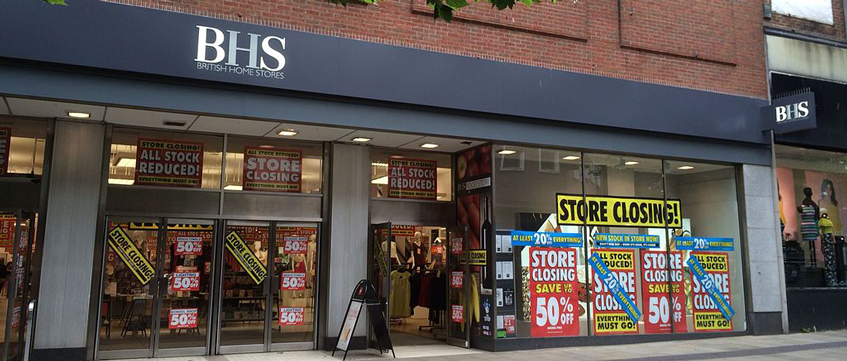Retail chain BHS’s collapse in 2016 was the “very definition of wrongful trading”, said lawyers acting for the company’s liquidators.
The 88-year-old high-street icon fell into insolvency with huge debts, large job losses and a pension deficit just a year after being bought by a consortium led by businessman Dominic Chappell. Seven years later, many of the stores remain unoccupied.
At the time, the scale of the collapse was major news, not least because Chappell bought the company in 2015 from entrepreneur Sir Philip Green for just £1.
In 2020, Chappell was jailed for six years for tax evasion connected to his time at BHS. He was released on licence earlier this month.
The liquidators are now suing Chappell and two other 2015/16 directors of the BHS group of companies, Lennart Henningson and Dominic Chandler, for more than £130m.
The hearing started earlier this month and is due to finish in December. Last week, the judge hearing the case ruled that Chappell should be tried separately from Henningson and Chandler, in six months’ time, so that he can receive treatment for prostrate cancer in the interim.
According to court papers, lawyers for the liquidators alleged that BHS’s new management “knew or ought to have known” that the company had “no reasonable prospect” of avoiding administration or liquidation long before the company collapsed.
When they bought the company, BHS was “operationally dysfunctional and on the verge of collapse”, the liquidators said. They said the company was racking up million of pounds per month in fresh losses. Previously, Green had kept the company afloat with loans, the liquidators allege.
But, after the sale, “the losses could only be funded by carrying out fire-sales of the companies’ remaining assets or obtaining short-term and expensive bridging-type finance on a fully-secured basis and using the proceeds to continue trading until the ability to raise money in this way was exhausted,” they said.
“This ‘strategy’ (if it can even be called a strategy) is the very definition of wrongful trading,” the liquidators said.
Lawyers for the directors denied the allegations on multiple grounds and argued that the business could have been turned around after Green sold it. They said they sought insolvency advice early in 2016 after a disappointing Christmas performance.









